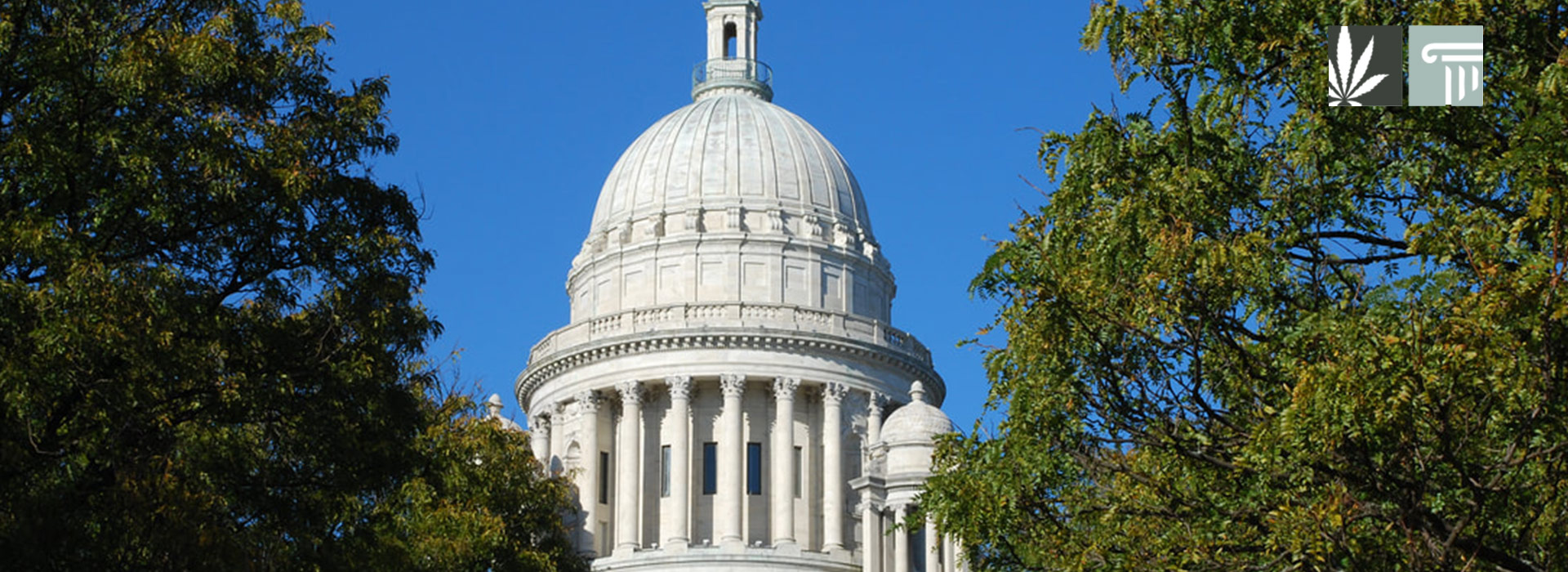A key Rhode Island House committee debated four marijuana-related reform measures, which included the governor’s adult-use legalization proposal as well as three bills to reform the state’s existing medical marijuana program.
The House Finance Committee did not hold a vote on any of the measures, and instead appeared more interested in asking pointed questions of the governor’s administration as to how Rhode Island should legalize cannabis rather than whether it is the right course of action.
Gov. Dan McKee wants to legalize adult-use cannabis sales in the state for adults 21 and older as part of his budget proposal to the legislature for fiscal year 2022. Senate leaders introduced their own legalization proposal days after McKee’s announcement but it wasn’t put before the House Finance Committee for their most recent hearing.
Former Rhode Island Gov. Gina Raimondo also sought to legalize recreational marijuana in her 2019 budget proposal but it didn’t come to pass. At the time, she described marijuana legalization in Rhode Island as “inevitable” but getting lawmakers to agree on the specifics of a legalization proposal has proven difficult, with numerous bills faltering in Rhode Island’s State House.
House Finance Committee chair Rep. Marvin L. Abney held back on voting on the governor’s measure as well as the three medical cannabis bills on the understanding that “there’s work that needs to be done… That is why we hold a bill for further study. We don’t hold it to kill it or anything like that.”
During the hearing, one of the House committee members asked Matt Santocre, chief of the state Department of Business Regulation (DBR)’s Office of Cannabis Regulation, what the main differences are between the governor’s legalization proposal and the one put forward by Senate lawmakers. He responded the measures mainly differ on who would regulate the legal cannabis industry. The Senate version seeks to create a new commission to oversee adult-use sales, while Gov. McKee would leave this to the DBR, which currently regulates Rhode Island’s medical marijuana program.
The two measures also diverge on certain tax and regulatory matters as well as social equity and licensing provisions. Gov. Mckee wants to levy a 3 percent tax on marijuana cultivators that opponents fear would raise the price of medical marijuana for patients. The governor’s proposal has also been criticized for failing to include an automatic expungement process for those with prior low-level cannabis convictions.
The House Finance Committee also debated the three bills to reform the state’s medical marijuana program, which has been called overly restrictive. One of the bills – HB 5452 – would require the DBR to adopt a more social equity-focused approach and encourage more participation in the medical cannabis industry from people most impacted by cannabis prohibition. Another – HB 5451 – would establish a “distressed communities relief fund” from a portion of medical marijuana tax revenues. The final medical marijuana-related bill – HB 5453 – would remove various regulations governing Rhode Island’s medical cannabis program. This includes eliminating the cap on medical marijuana dispensaries, drastically reducing annual dispensary license fees and scrapping the plant tagging system for tracking marijuana grown at home by qualifying patients and caregivers.






